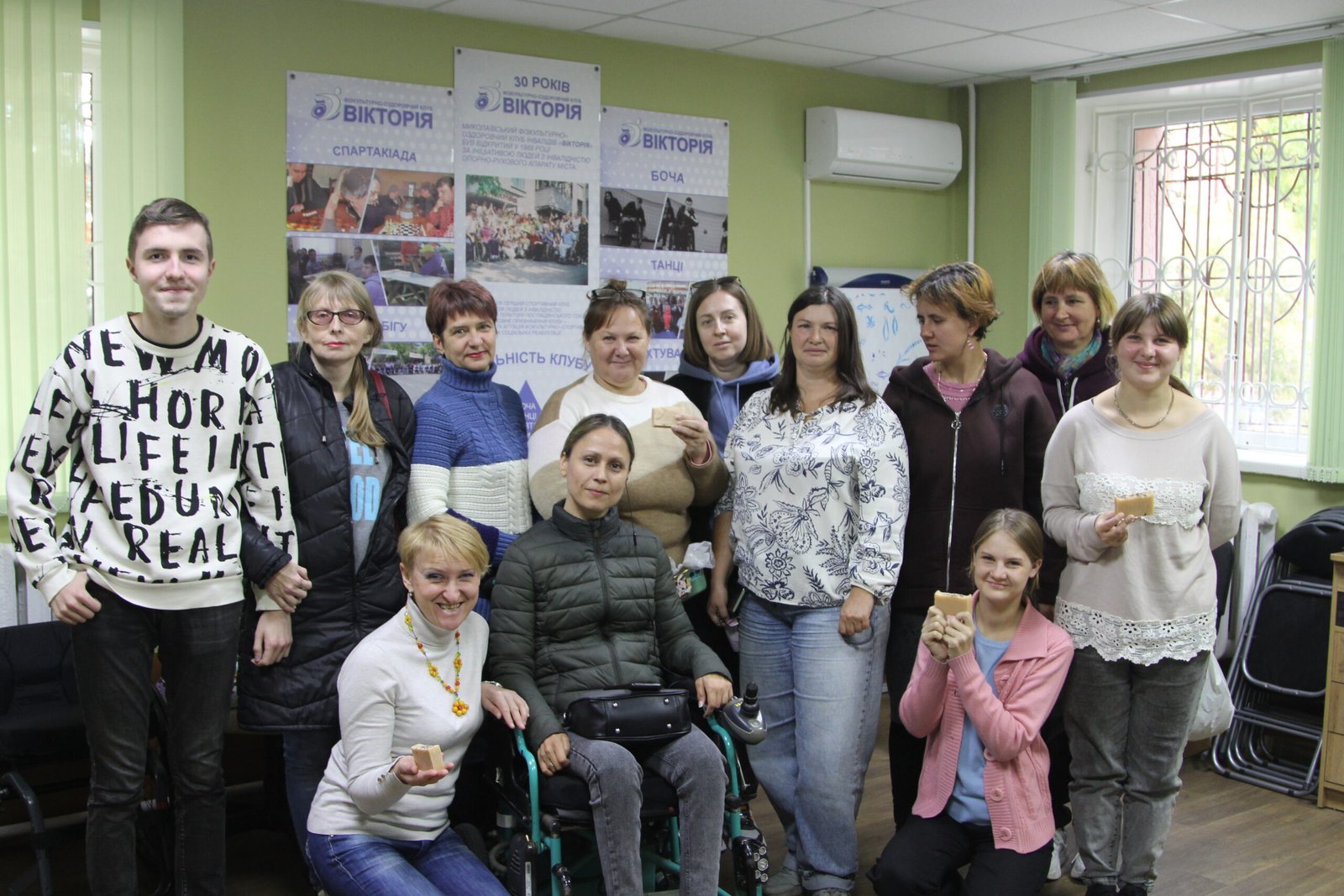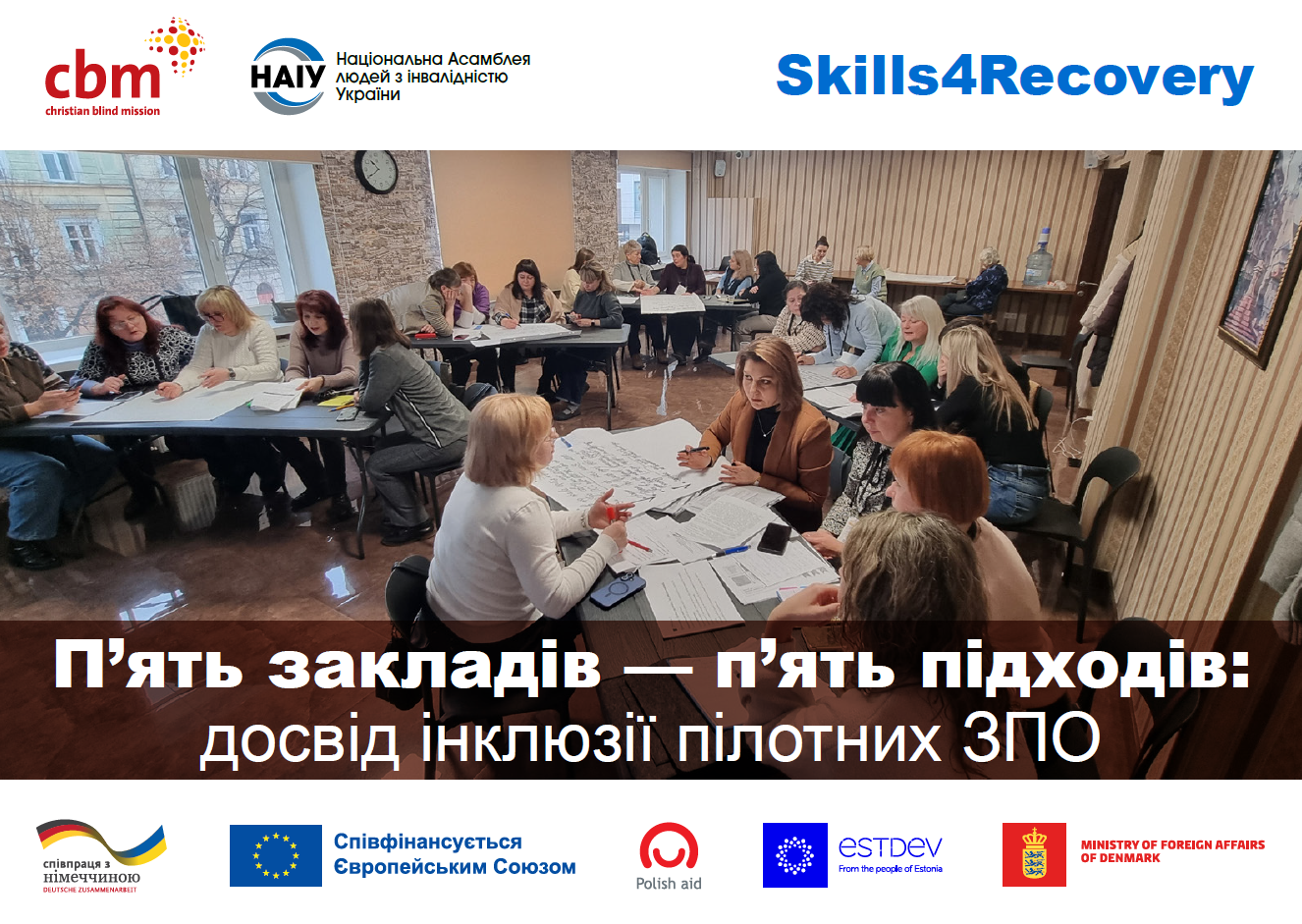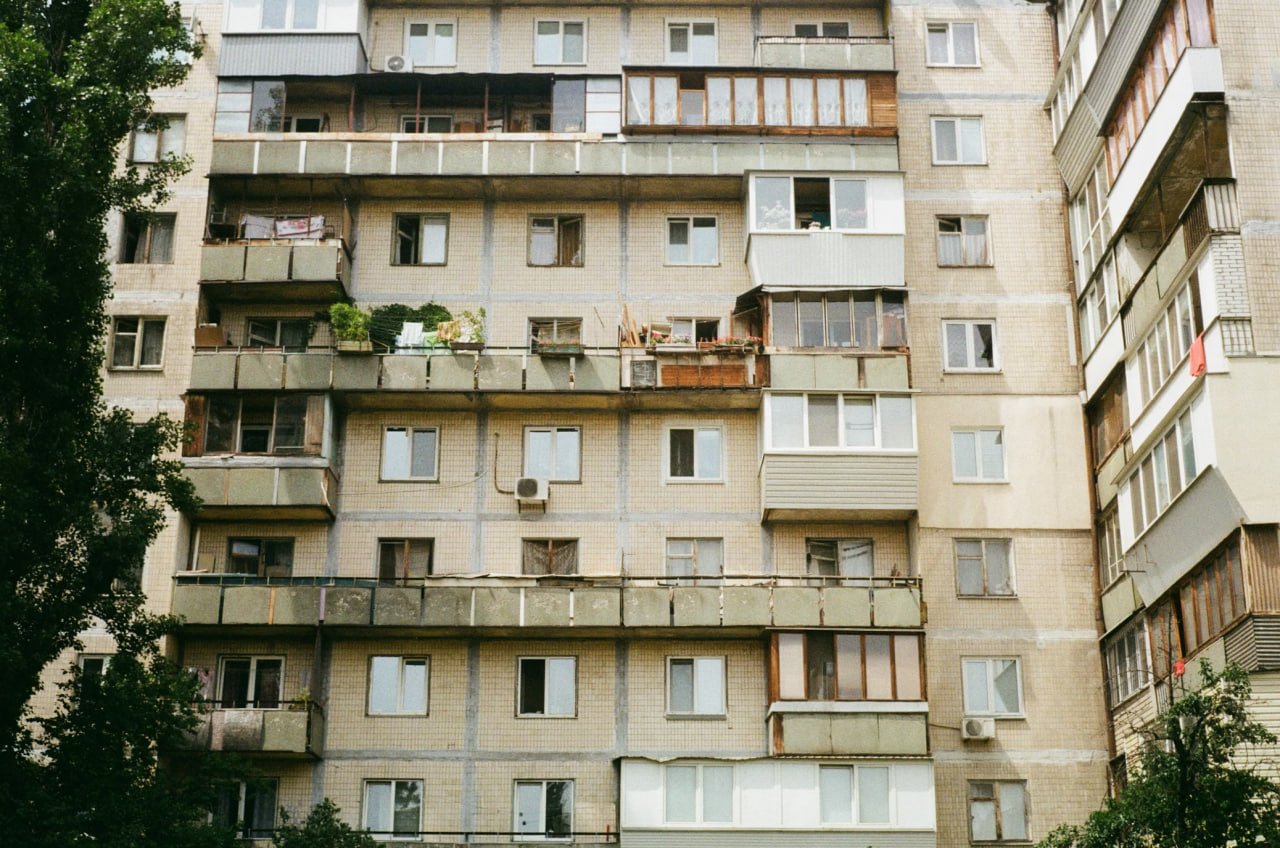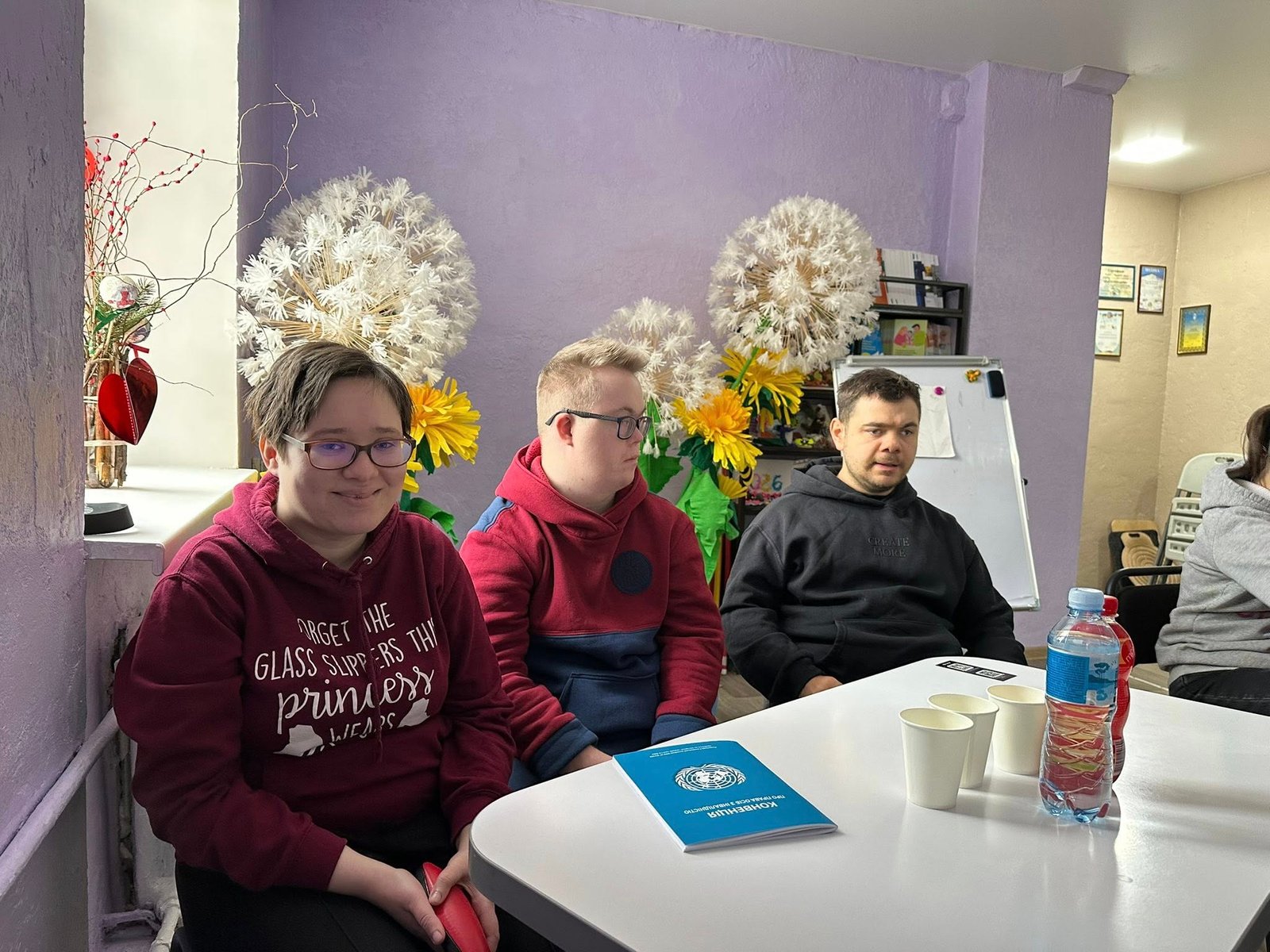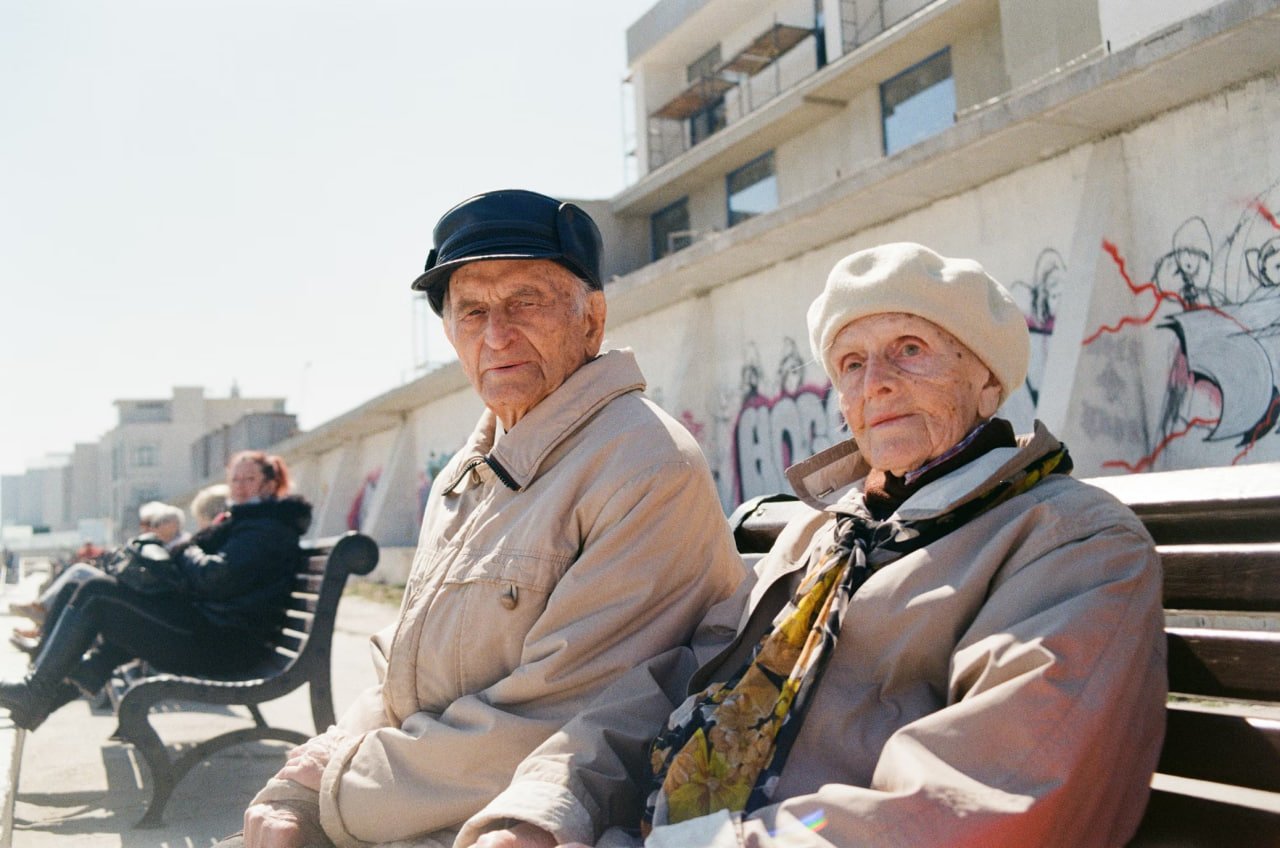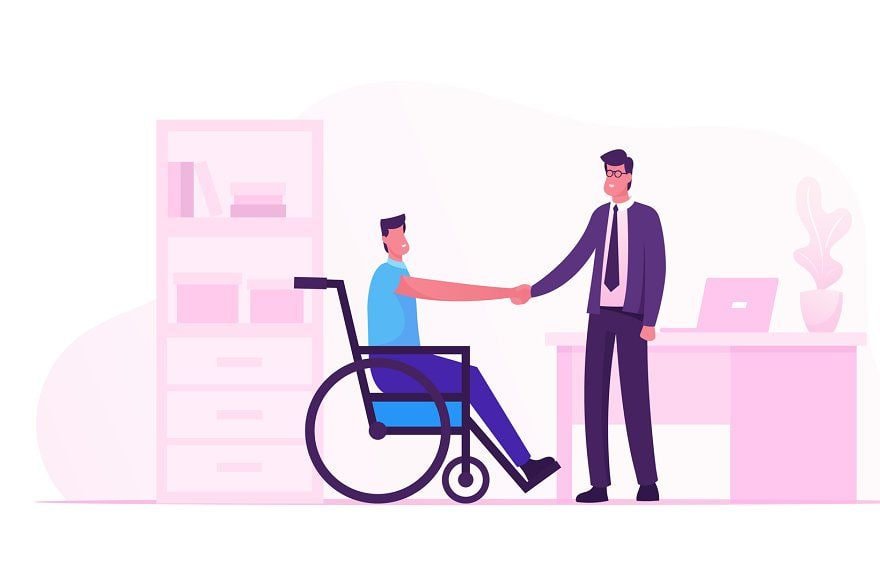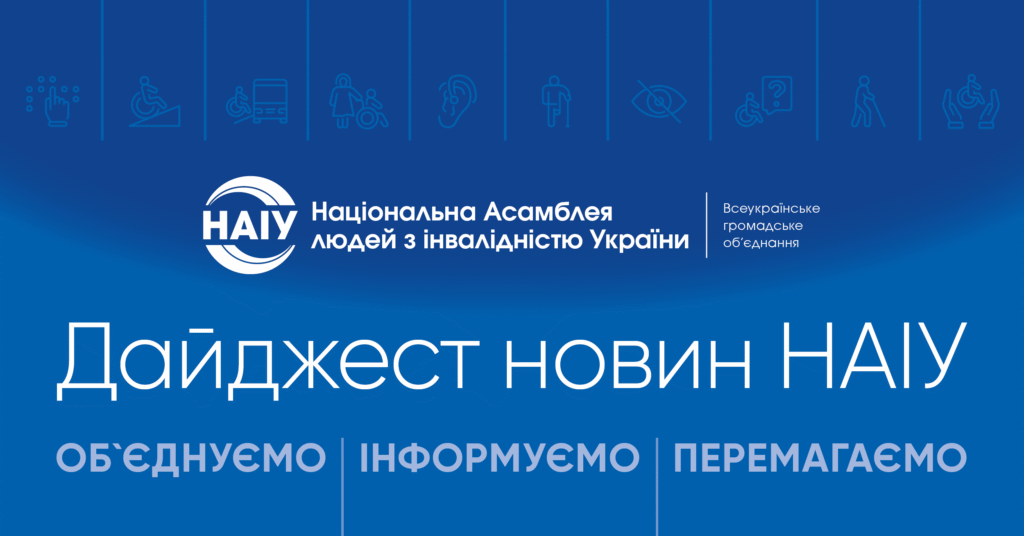Zinaida from the Storozhynets'ka community is hard to find at home. She is constantly on the move: festivals, sports competitions, trips to different cities. She just returned from Kovel, where she won in two sports at once. It is hard to believe that the woman is sixty-one years old and she moves around with the help of a wheelchair. But this is exactly what the reality of a person who has chosen movement instead of being locked up in four walls looks like.
Disability was the result of a neurological disease. Zinaida was diagnosed back in 1989. Doctors did not give any predictions for improvement, but the woman refused to accept the restrictions imposed by the doctors. For a long time she did not want to use a wheelchair, it seemed to her a symbol of defeat. She literally moved around the house and on the street on her hands: she sat on one chair, moved the other, and so slowly moved forward. Only later did she make a different decision - for the sake of convenience and freedom, she moved to a wheelchair, got a driver's license, and bought her own car - an old "Zaporozhets". In those days, it was not a whim, but a necessity. Transport adapted for people who use wheelchairs is practically absent even today.
Zinaida often travels by train. However, in Ukraine, traveling by train for people in wheelchairs still remains a real challenge. It is often difficult to order a specialized car. And it is almost impossible to climb into a regular car without the help of outsiders.
"To safely lift me up or drop me off the train, you need at least four, or better yet, five physically strong people. It's good if there are men in the crew or we call the police or the military. But very often you have to wait a long time. And not everyone is ready to help - someone has a backache, someone says it's not their job," the woman shares.
She is convinced: the situation can be solved with a simple technical solution. Every station should have a universal mobile lift. Accessibility of Ukrainian stations is a sore topic. Even the main station in the capital only recently received elevators to the platforms. And this is only the beginning of changes, not the result. It is too early to talk about independent travel without an escort.
Parking is another daily challenge. Disabled spaces are occupied by drivers with a license, but without the need for one:
“I once argued with a man in Storozhyntsa because there was no sign on the car, but there was a disability certificate, group three. And I'm in a wheelchair. And I can't do anything,” says Zinaida.
This situation points to the urgent need for differentiation of parking rights. People with different nosologies have different needs. Currently, there is one rule for everyone, and it often does not work in favor of those who really need a space for safe parking.
Despite daily difficulties, Zinaida does not focus on the negative. On the contrary, she seeks and finds inspiration in life. Sports, social activities, traveling, meeting new people, beadwork, performing at festivals - all this is part of her everyday life.
However, the greatest happiness is family. A daughter, a son-in-law, two grandchildren. The birth of a daughter is a special moment in her life. The pregnancy came after the diagnosis. Doctors did not advise giving birth. But she decided otherwise and today lives in a circle of love and care.
“Life is beautiful. Yes, there is room for improvement. But if you have faith in yourself and the support of your family, then anything is possible,” says Zinaida.
Zinaida's path demonstrates that true inclusion is not limited to personal motivation or strength of spirit - it requires systemic solutions. Her experience emphasizes the importance of several areas of advocacy: ensuring accessibility of transport, in particular rail, by introducing universal lifts at stations. Updating approaches to parking policy taking into account the real needs of people with different nosologies, developing accessible infrastructure that allows a person with a disability to move independently and participate in public life. Each of these solutions does not require extraordinary efforts - only political will, a responsible approach and dialogue with those affected. After all, the active life of people like Zinaida is not an exception to the rule, but an argument in favor of changes that are long overdue.
This material was prepared as part of an advocacy campaign implemented within the framework of the project "Multisectoral humanitarian assistance for IDPs, returnees, veterans and their host communities in Ukraine".
The project is implemented by the National Assembly of People with Disabilities of Ukraine in partnership with the European Disability Forum (EDF) with the support of the German Federal Foreign Office (GFFO) and CBM (Christian Mission for the Blind).
The interview was conducted by Oksana Drachkovska, a communications officer for the advocacy campaign in Chernivtsi region.
Oleksandra Perkova, Communications Manager of the Project


